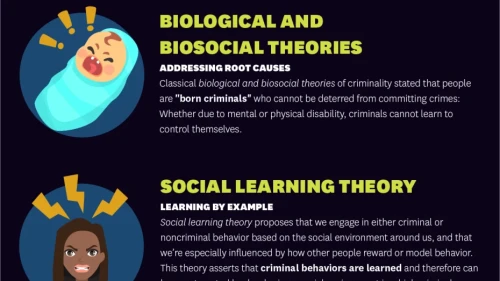The field of cultural foundations of education conceptualizes education as a broad and complex undertaking that is best understood through a range of disciplines and fields of study.
How is Cultural Foundations defined at Kent State University?
Kent State University embraces a multidisciplinary approach to education through the online Master of Education degree in Cultural Foundations. Students will gain expertise in the sociology of education, philosophy of education, and multicultural studies, positioning them as leaders in promoting positive change in education.
WHY did the Master of Education in Cultural Foundations program change at Kent State University?
Kent State University Cultural Foundation faculty revised the online Master of Education in Cultural Foundation program so that it is more oriented to the professional practice of their students.
They have redesigned the program to focus on the development of scholarly practitioners who use perspectives from the sociocultural foundations of education to address problems of practice. To address these problems of practice, students will learn to conduct community-engaged inquiry in partnership with stakeholders and communities. The focus on applied inquiry gives this Master of Education in Cultural Foundation program a unique identity.
HOW did the Master of Education in Cultural Foundations program change at Kent State University?
To meet the new goals of the program, Cultural Foundations faculty and staff have revised the program around four core courses.
The first is an introductory seminar that will introduce new students to the program, program faculty, the field, the concept of the problem of practice, the signature approach to inquiry (community-engaged inquiry), and so forth. For the remainder of the first year, advisors will guide students in selecting elective courses oriented toward their career goals.
In the program’s second year, students will take the remaining three core courses, culminating in a capstone project. In their penultimate semester, they will take a course in community-engaged inquiry alongside a practicum. There, they will begin their capstone project to address a practice problem in partnership with stakeholders. In their final semester, they will complete this project in the capstone course.
A secondary goal of the online Master of Education in Cultural Foundation program revision is to provide more opportunities for building community within the program. For this reason, the four core courses will be held synchronously (online) in a cohort model. Electives may be online asynchronous, online synchronous, or in person. As such, students can complete the program entirely online or partly online.
Enroll today in the Online Master of Education in Cultural Foundations at Kent State University
The Online Master of Education degree in Cultural Foundations engages students in exploring education through various disciplinary and interdisciplinary perspectives from the humanities and social sciences.
Students examine the social contexts of education with particular emphasis on structural inequities, issues of access and the distribution of educational opportunity, normative considerations about the purposes of education, and the transformative potential of education. Students learn to use these perspectives to identify problems of practice through their work as educators and leaders in communities, cultural organizations, and educational organizations. To address these problems of practice, students learn to conduct community-engaged inquiry in partnership with stakeholders and communities.
Graduates of the program will be able to:
- Demonstrate understanding of the social, cultural, economic, and political assumptions shaping educational policies and reforms in the United States and other societies.
- Understand the nature of the democratic challenge for schooling in answering such foundational questions as: “What should be taught?” “Who should be taught?” and “Who should teach?”
- Demonstrate an understanding of the convergence of social class, race, gender, sexual orientation, and disability as barriers to and opportunities for educational change, domestically and internationally.
For more information on Kent State’s Online Master of Education in Cultural Foundations, visit https://onlinedegrees.kent.edu/degrees/master-cultural-foundations.





